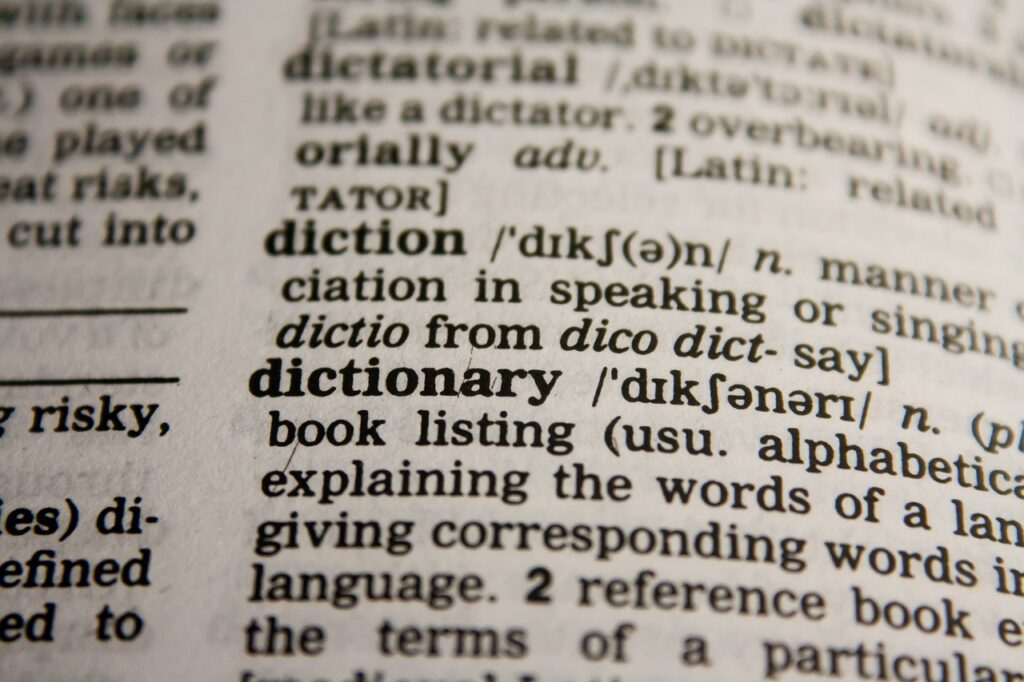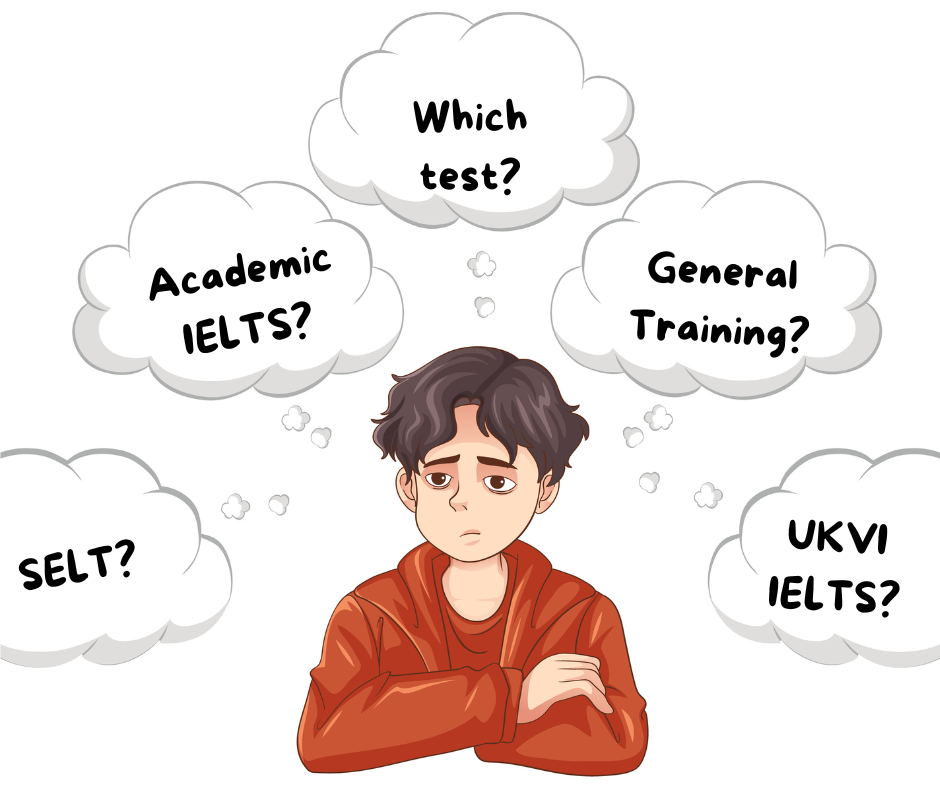The IELTS (International English Language Testing System) Reading exam is a dangerous opponent. It evaluates your comprehension skills and your ability to recognize main ideas and find specific information.
While preparing for this foe, you’ll face certain challenges such as managing your time effectively and understanding parts of the text.
To help you overcome these difficulties, we are going to arm you today with five simple tips that could be the difference between victory and defeat.
Pay careful attention to these tips as they will help you improve your reading score while simultaneously enhancing your English.
Tip 1: Know Your Enemy- Understand the Different Types of Questions
The first tip that’s going to aid you in your battle against the IELTS Reading test is this— learn as much as you can about your opponents, i.e. the different types of questions.
Did you know that some questions have answers that come in order and others that don’t?
The first thing you need to do while preparing is to know about the various types of questions that you might go head-to-head with on test day. It’s good to have a strategy in place to solve each one.
Ten different types of questions come in IELTS Reading, no matter which type of IELTS exam you’re planning to sit for. Knowing which ones come sequentially will aid you in guessing the location of the answers and managing your time effectively.
The following table is going to guide you.
| Questions That Come In Order | Questions That DON’T Come In Order |
| Sentence Completion | Diagram Labeling |
| True/ False/ Not Given | Matching Headings |
| Short Answer Questions | Information Matching |
| Summary/ Flow Chart Completion | Classification Questions |
| Multiple Choice Questions (MCQs) | Matching Sentence Endings |
Tip 2: Sharpen Your Sword- Practice Reading Frequently

This is another tip that’s going to help you swiftly take down your opponents (the questions).
If you’ve practised any test passages at all, you already know that they’re dreadfully boring. They won’t exactly ignite your passion for reading.
What could help is if you start developing a habit of reading for pleasure. If you practice reading frequently, you should be able to scan the passage and find answers much faster and save precious seconds.
First, ask yourself what you are passionate about. It could be fashion, sports, movies or anything else.
Next, find materials to read about the things you’re interested in.
If you like fashion, read magazine articles about the latest shoe trends for this year. If you’re a film buff, read reviews online about the latest Marvel movies to catch any easter egg that you might have missed.
You can choose to read any of the following:
- Blogs
- Magazines
- Newspapers
- Fiction books
- Non-fiction books
This will gradually enhance your reading speed and even your vocabulary.
Along with this, work on comprehending complex sentence structures and recognizing the relationships between different sections of the text. This will make sure that you’re not compromising comprehension while improving your reading speed.
You can also use online tools like ZapReader to speed up your reading.
Tip 3: Learn Advanced Fighting Techniques- Skimming, Scanning and Detailed Reading
The next piece of advice is also to help you quickly defeat your opponents (the questions)— learn some advanced fighting (reading) techniques.
If you take your time reading and comprehending the text, chances are that you won’t be able to attempt all the questions in the allocated time.
There are three reading techniques that you should familiarize yourself with:
- Skimming
- Scanning
- Detailed reading
Skimming- The Art of Gathering Information About Your Enemies
The sole purpose of skimming is to get an overview of the passage.
You do this by quickly going through the first couple of sentences of each paragraph. Your eyes should move rapidly through the text.
Reading the title of the passage (if it’s provided) and skimming together should help you get a general idea of the contents of the text. This is going to make you feel more confident when attempting the questions.
By the way, skimming is not about understanding the passage. It’s just so you can get a sense of the layout of the text.
You should skim the passage before every type of question except one. If you’ve practised any reading question papers, you’ve probably noticed that every question with the exception of Heading Matching comes after the passage.
This is because it is recommended that you skim the passage.
Skimming the passage should take you 90 seconds to 120 seconds, not longer.
Scanning- The Art of Finding Your Opponent’s Weak Spots
Now let’s talk about scanning, the reading technique that helps you find specific facts quickly.
While you’re reading the questions, you should underline certain words that you should look for in the passage to find the answer. They could be:
- Dates
- Names
- Figures
- Statistics
- Numbers
- Important terms
And so on. Along with underlining these keywords, try to think of their possible synonyms if you can. Next, scan the text for these pieces of information or their synonyms.
When you’re scanning the text, do not try to understand what you’re reading. Simply focus on finding the keywords fast.
Detailed Reading- The Art of Attacking Effectively
Detailed reading is when you concentrate on the text and try to understand its meaning.
You don’t need to do this with the entire passage. Only read the sentences that contain the keywords that you’ve found after scanning the paragraphs to find the answers.
If you practice these reading techniques regularly and at the same time try to enhance your speed and accuracy, you should be able to finish each passage in under 20 minutes.
Tip 4: Pay Attention to the Rules of the Battle- Read the Instructions
If you don’t play by the rules, you’ve already lost the battle before it has even begun.
In a hurry to answer all the questions quickly, students often skip reading the instructions. This is one of the biggest mistakes you can make and one of the easiest ways you can lose marks, especially in the reading and listening exams.
The instructions given in the Reading and Listening sections are precise and by not following them you’ll most likely get the answers wrong.
For instance, when you’re given Summary Completions, you could either be asked to write the answer from the passage or a word list provided. In the case of the latter, you’ll lose marks if you decide to write an answer that’s given in the passage but is not present in the word list.
Another important piece of instruction is the word limit that comes with certain types of questions. Let’s take a look at two such instructions that might seem similar at first glance but allow different answer combinations.
| Instruction | Possible Answers |
| Write NO MORE THAN TWO WORDS OR A NUMBER. | 1. One word 2. Two words 3. One number |
| Write NO MORE THAN TWO WORDS AND/OR A NUMBER. | 1. One word 2. Two words 3. One number 4. One word and one number 5. Two words and one number |
See? Just by adding or removing “AND” from the instruction, the number of possible answers changes.
It’s important to note that even articles count as words. If the instruction asks for one word and you write “a rocket” because that’s what’s written in the passage, you’ll lose the point. That’s because “a rocket” counts as two words.
Let’s look at one last example.
Suppose the instruction states that you can write a number and a word and the answer requires a date. You note that the passage says “December 31st 1902”.
Will you be right or wrong if you wrote the answer exactly how it’s given in the text?
If you thought “wrong”, then you’re absolutely correct. That’s because “December 31st 1902” contains two numbers- 31 and 1902.
Can you guess what the correct way of writing the answer is?
Tip 5: Broaden Your Arsenal- Words Are Your Weapon

The greater your vocabulary, the greater your odds of beating your enemies (the questions).
How many times have you been stuck on a question because you couldn’t figure out the meaning of certain words?
The IELTS exam tests your vocabulary. So, it’s rather natural to come across words or phrases you’ve never seen before. This will be more frequent for you if you’ve only recently started studying English. And the only way around this is for you to improve your vocabulary and build up your comprehension skills.
So, how can you enhance your vocabulary?
The answer is, once again, by reading more.
Through reading regularly, you’ll come across new words and phrases. When you come across an unfamiliar term, first try to guess what it means by taking the help of the contents of the sentence around it.
This is a good practice as this is exactly what you’ll need to do during your exam.
Once you’ve tried to guess the meaning, look up the word online or in a dictionary. Write down the word and its meaning in a notebook, along with a couple of synonyms, antonyms and examples of uses. Review them now and then so they stay fresh in your brain.
Another thing you can do is start using some of the new words or expressions you’ve learned while you’re practising writing or speaking. This method is far better than memorizing a list of words without any context.
But remember, even many IELTS Senseis wouldn’t be able to understand every word that appears in the reading exam. So, don’t panic if you struggle with an unfamiliar expression.
Check if understanding the word you’re having a tough time with is really important for finding the answer. If it isn’t, then forget about it and move on. If it is, take the help of the words around as clues to figure out their meaning.
If you fail, it may be better to try and solve other questions and come back to it later if you have the time. You may have lost that particular fight, but you have the entire war to win.
Knowledge Is Power
Now that you know these tips, it’s time to put them into action.
By including these simple tips in your daily preparation, you should be able to ace the IELTS Reading exam and get your desired band score.
Remember to practice consistently and hone your skills and strategies. And if you need additional guidance to get a score of 6.5 (at least) on the IELTS test, just reach out to IELTS Sensei for help.


